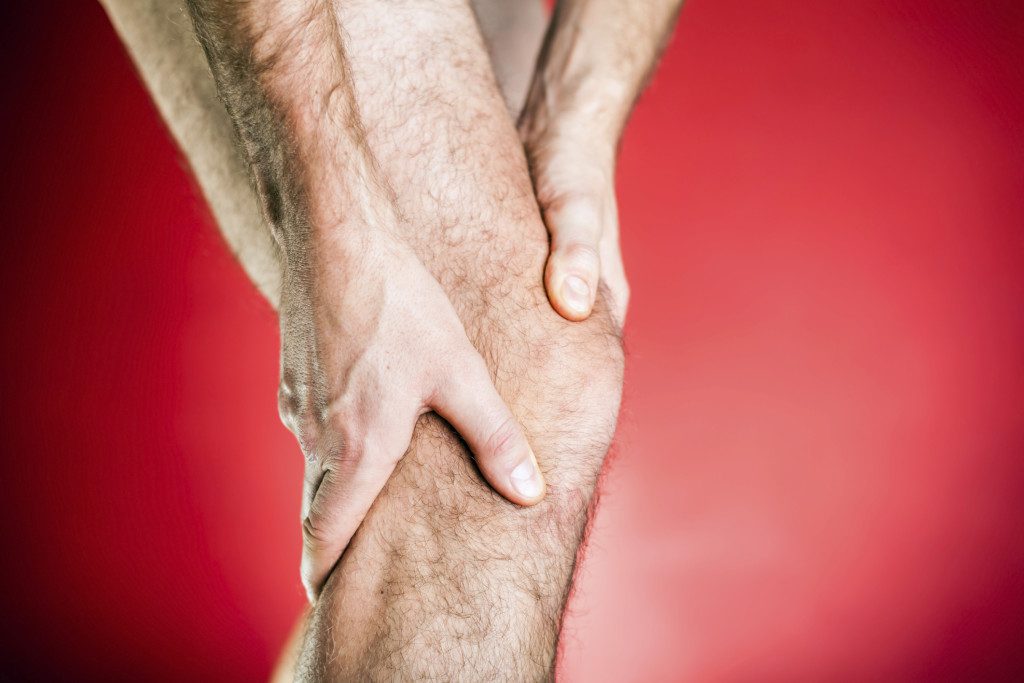Glucosamine for arthritis pain may be a waste of money
Does glucosamine give you relief from the pain of arthritis in your knees? Research shows it's probably the placebo effect

Recreational athletes and masters runners are fond of supplements, which may make them feel they’re healthier than they would be if they didn’t take them, even though there is little evidence for this. In particular, middle-aged runners suffering from pain due to arthritis of the knee may be tempted to take glucosamine, sometimes in combination with chondroitin, which supposedly helps with both pain and cartilage loss. But there are many well-designed studies showing little or no benefit from glucosamine beyond the placebo effect.
RELATED: Running may not cause osteoarthritis in knees

Glucosamine and chondroitin occur naturally in the body, and are involved in the production and maintenance of cartilage. The theory is that supplementing with it may reduce the pain from cartilage loss associated with age. But there is now plenty of research disproving this theory.
One reason so many people take glucosamine, according to the Berkeley Wellness Letter, is that back 2006, the US government’s Glucosamine/Chondroitin Arthritis Intervention Trial (GAIT), a $12 million clinical trial with 1,600 participants, found that 79 per cent of a small subset of 70 participants with moderate to severe arthritis pain reported significant relief on glucosamine and chondroitin in combination. Disregarding the small size of the result as well as the fact that 54 per cent of the placebo group also experienced significant relief, people jumped on glucosamine as a miracle cure for arthritis pain.

The other 1,530 participants did not experience better relief from either glucosamine alone, chondroitin alone, or glucosamine in combination with chondroitin, than from a placebo.
RELATED: Recovery snacks: collagen vs. protein powder
A 2008 follow-up to this study using X-ray imaging found no less cartilage loss in those taking either supplement alone or combined supplements over or a placebo, and in fact those taking a combined supplement did worse than those taking one or the other.

In 2010, a two-year follow-up from GAIT found no advantage to either single or combined supplements in reducing pain, over a placebo. And the Berkeley Wellness Letter cites nine well-designed studies or meta-analyses from around the globe between 2008 and 2016, all showing little or no benefit. They also didn’t show any harm from taking the supplement, and, as noted, there does seem to be a profound placebo effect. The only study that found adverse effects were one that showed increased intraocular pressure in glaucoma patients, and since glucosamine is usually made from shrimp or crab shells, those with shellfish allergies may react.
In particular, diabetics should avoid glucosamine because it may lessen their insulin sensitivity and blood sugar control.


